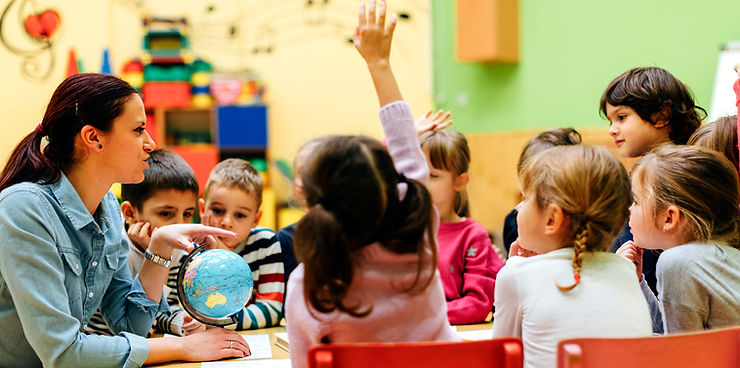By: Cynthia Wang
From melting glaciers and rising sea levels to increased drought, warmer temperatures, and more severe storms, climate change appears to be a latent catastrophe with little to no solution in sight. Fortunately, schools have already begun to introduce climate change into their curriculums, with New Jersey becoming the first state to require climate change to be taught at all grade levels in school.
This new environmentally friendly approach to education promotes critical thinking, creativity, and problem-solving in students. It focuses on preparing young minds to embrace green energy and tackle future climate issues. “When we shield them from so much, they’re not ready to unpack it when they learn about it, and it becomes scarier than when they understand they’re in a position where they can actively think about solutions,” Lauren Madden, a professor of elementary science education at the College of New Jersey, explains. “When you take kids seriously that way and trust them with that information, you can allow them to feel empowered to make locally relevant solutions.”
At Slackwood Elementary School in New Jersey, first graders are already considering possible solutions for the habitat loss problem faced by penguins in Antarctica, where ice is melting at unprecedented rates. “Maybe they could migrate to another cold place, like the United States in winter?” a boy named Noah asked. His classmate Gabi, on the other hand, suggested that some penguins could live inside her fridge.
Nevertheless, many have expressed concerns over this new model of learning and declared climate classes a form of “indoctrination.” Some people are pushing for debunked denialism theories about climate and the “positive” side of using fossil fuels as an energy source to also be included in the curriculum. In fact, in several states, climate science is introduced as a controversial and disputable topic within science.
In contrast, however, a survey conducted by Fairleigh Dickinson University found that 70 percent of state residents support climate change being taught at schools. Similarly, at Slackwood Elementary, numerous parents are happy with the introduction of climate education into the curriculum. “If they’re being more respectful to the environment, they’ll be good human beings,” comments Niral Sheth, whose daughter attends Slackwood Elementary. “They need to know what they can do. I don’t want them to be left behind.”











